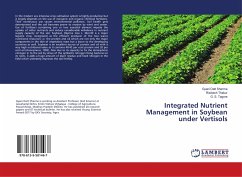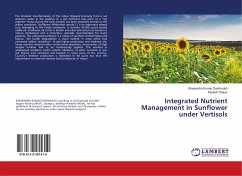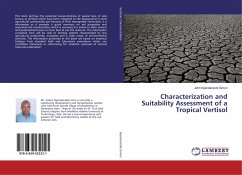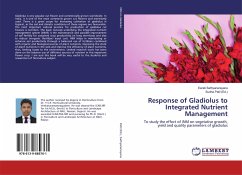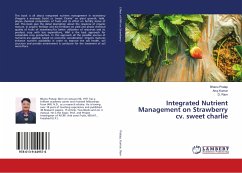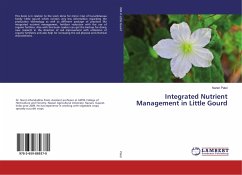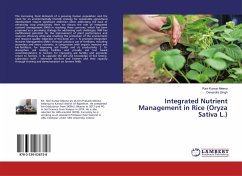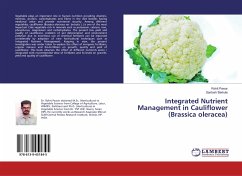In the modern era intensive crop cultivation system is highly productive but it largely depends on the use of inorganic and organic chemical fertilizers. Their continuous use causes environmental pollution. Soil health gets deteriorated and the soil becomes prone to erosion by wind and water. Use of fertilizers containing one or two essential element impede the uptake of other nutrients and induce considerable imbalance in nutrient supply capacity of the soil. Soybean (Glycine max L. Merrill) is a major legume crop, recognized as the efficient producer of the two scarce nutritional resources i.e. the protein and oil which are not only the major components in the diet of vegetation mass but a boon to the developing countries as well. Soybean is an excellent source of protein and oil with a very high nutritional value as it contains 40-42 per cent protein and 20 per cent oil (Anonymous, 1992). Also due to its capacity to fix the atmospheric nitrogen in to the soil by virtue of the symbiotic nitrogen fixing bacteria on its roots, it adds a huge amount of plant residue and fixed nitrogen in the field which ultimately improves the soil fertility.

